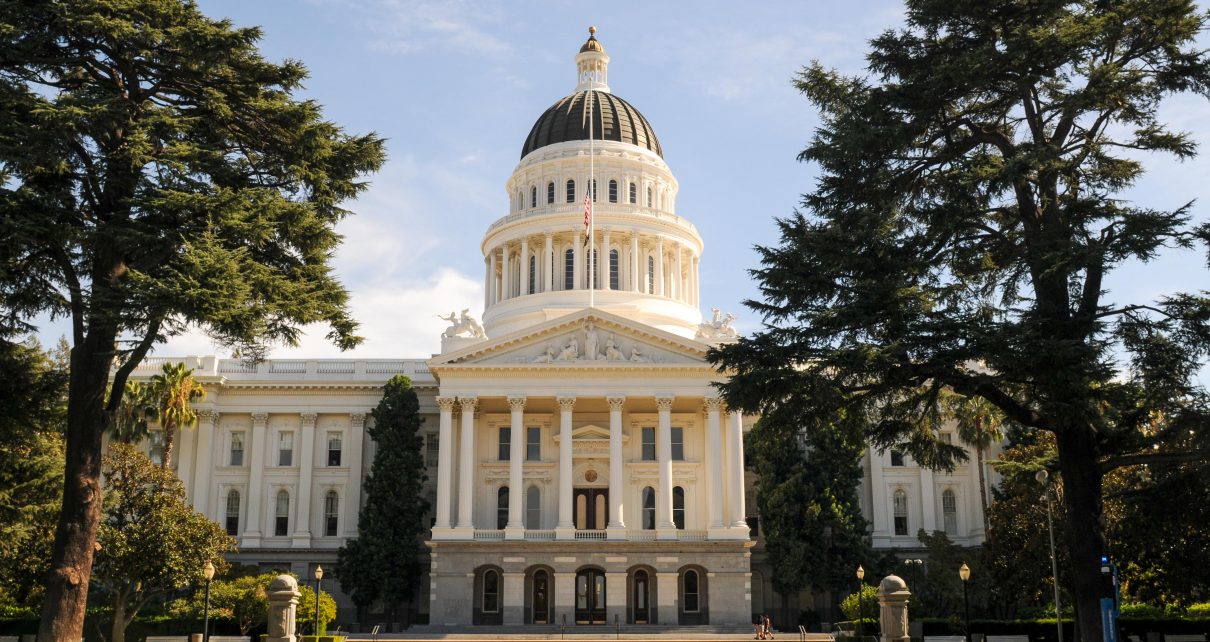
California State Capitol. (Photo: Kevin Sanders for California Globe)
California’s Labor Code Rarely Applies to the Public Sector
Labor Code does not apply to public entities unless they are specifically included in the language of a particular section
By Chris Micheli, May 31, 2023 2:45 am
Many readers are not aware that the California Labor Code generally does not apply to public sector employers, including the state, counties, cities, and special districts. The Labor Code clearly applies to private employers. In most areas, however, the Labor Code is silent as to its application to public employers. While some have argued that the Labor Code’s provisions apply in all cases without any specific exemption for public employers, that is not the case.
Instead, as a general rule, California courts have determined that the Labor Code does not apply to public entities unless they are specifically included in the language of a particular section. For example, in Johnson v. Arvin-Edison Water Storage District, 174 Cal.App.4th 729 (Cal. Ct. App. 2009), the appellate court held that California’s Labor Code provisions governing daily overtime, meal periods, and payment of wages upon separation of employment do not apply to water storage districts. The appellate court in that case ruled that the Legislature only intended for the Labor Code to apply to public entities where they are expressly included in the statutory language.
The reasoning of California courts is that assuming the application of Labor Code provisions to apply to public entities without specific statutory authority to do so would infringe upon the sovereign governmental powers of those public entities, including the state, counties, cities, and special districts. According to the appellate courts, the Labor Code infringes on a public entity’s sovereign powers if “the statute affects the entity’s governmental purposes and functions.”
As a result, the general rule is that a section of the California Labor Code only applies to the private sector, unless the public sector is specifically included. In these cases, the specific Labor Code section applies to both public and private employers in this state.
The following is an example of a statute applying to both public and private sector employers. This statute deals with both types of employers providing lactation accommodations to an employee expressing milk:
CHAPTER 3.8. Lactation Accommodation [1030 – 1034]
(Chapter 3.8 added by Stats. 2001, Ch. 821, Sec. 1.) 1030.
Every employer, including the state and any political subdivision, shall provide a reasonable amount of break time to accommodate an employee desiring to express breast milk for the employee’s infant child each time the employee has need to express milk. The break time shall, if possible, run concurrently with any break time already provided to the employee. Break time for an employee that does not run concurrently with the rest time authorized for the employee by the applicable wage order of the Industrial Welfare Commission shall be unpaid.
In other instances, the Labor Code specifically excludes public entities. For example, Labor Code Section 220(b) expressly excludes employees directly employed by any “county, incorporated city, or town or other municipal corporation” from the coverage of Labor Code Sections 201, 202, and 203. Interestingly, the federal Fair Labor Standards Act (“FLSA”) and its wage and hour provisions apply to both private and public employers.
- What Information Has to Be on the LegInfo Website? - April 19, 2024
- New Assembly Bill Would Ban NDAs in Legislative Negotiations - April 19, 2024
- Frequently Asked Questions about California Bills Having Certain Provisions - April 19, 2024





To be fair, it’s not just California. I have yet to see a state that doesn’t exempt themselves from most labor laws. Also the federal government does as well
Anybody have any idea how many PAGES are in the California Labor Code? I tried searching it, without success.
I’m willing to bet it’s bigger and more complicated than any other state. Indeed, if you looked at all the regs and had at least 5 employees, you’d surely be in violation of AT LEAST one edict in the Code. It’s a CA litigation lawyer’s pot of gold.